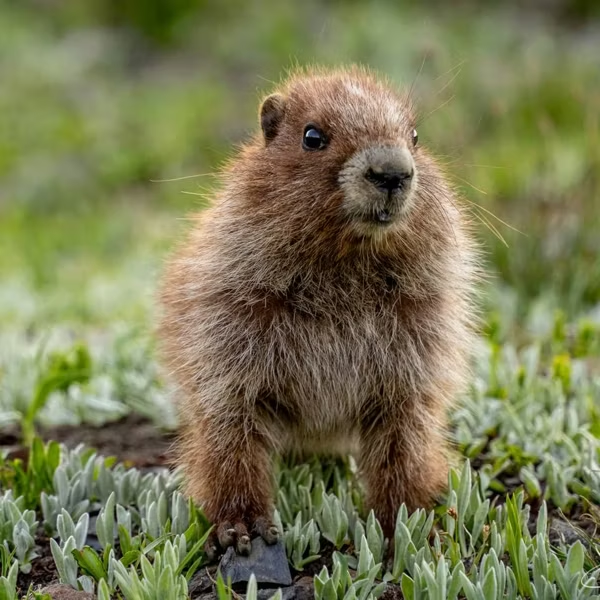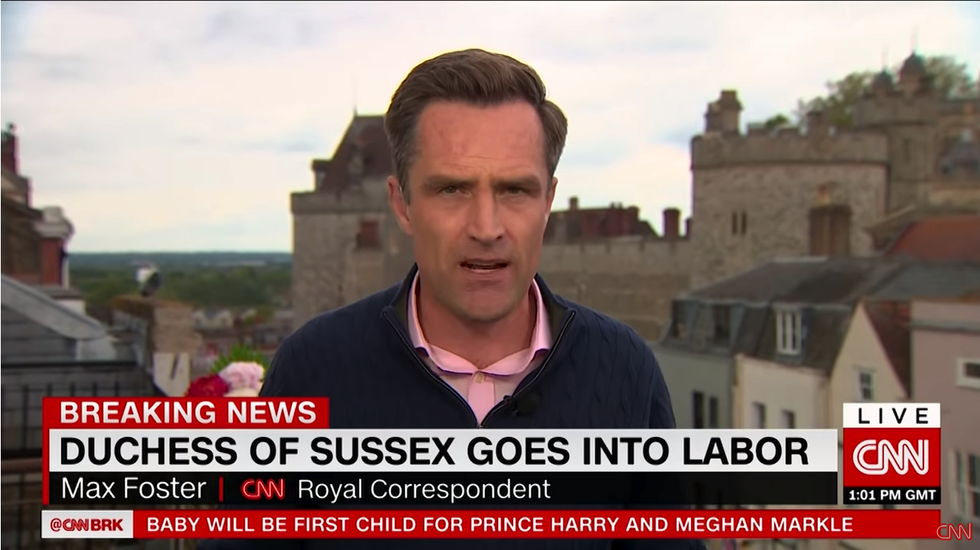As many as 1 million of the estimated 8 million plant and animal species on Earth are at risk of extinction -- many of them within decades -- according to the scientists and researchers behind a new UN report. The assessment by the Intergovernmental Science-Policy Platform on Biodiversity and Ecosystem Services is the most comprehensive review to date of the damage humans are causing to biodiversity. The group's chair, Robert Watson, says:
The health of ecosystems on which we and all other species depend is deteriorating more rapidly than ever. We are eroding the very foundations of our economies, livelihoods, food security, health and quality of life worldwide.

Nevertheless, a survey by German newspaper Deutsche Welle (5/22/19) found that the report and its grave implications didn't get the front-page stories you might expect for news of this import, and they suggest, sadly, that that has to do with the fact that the assessment was released on the same day that the Duke and Duchess of Sussex had their first child. Their findings match those of US group Media Matters (5/21/19), which noted that ABC News, for one, gave more time to the royal baby's birth in the week he was born than to all stories about the climate crisis in all of 2018.
The UN report calls on policymakers to take immediate concrete action to protect nature--sustainable agricultural practices, equitable water management, renewable energy sources and more. It's beyond shameful that among the obstacles such crucial efforts face, corporate media's disinterest looms large.





